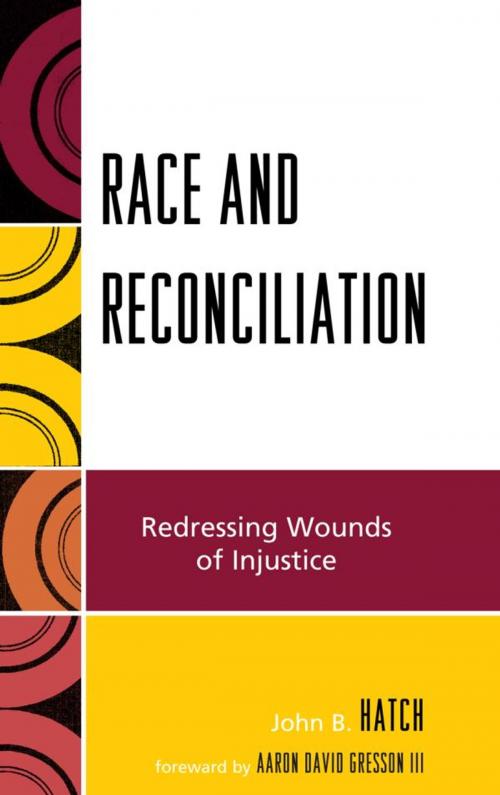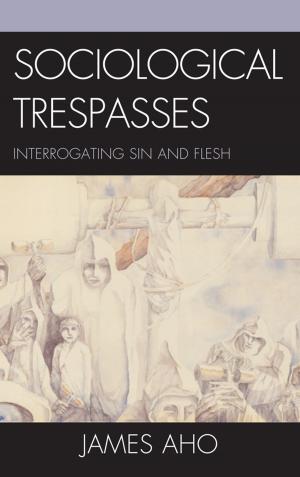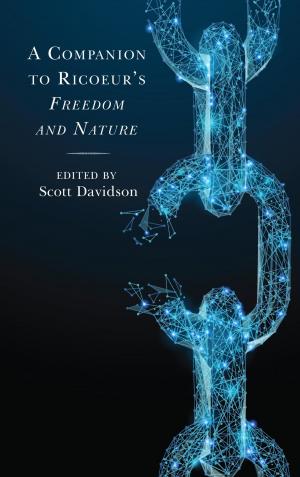Race and Reconciliation
Redressing Wounds of Injustice
Nonfiction, Social & Cultural Studies, Political Science, Politics, Civil Rights, Social Science, Discrimination & Race Relations, Cultural Studies, African-American Studies| Author: | John B. Hatch, Aaron David Gresson III | ISBN: | 9780739130445 |
| Publisher: | Lexington Books | Publication: | January 1, 1955 |
| Imprint: | Lexington Books | Language: | English |
| Author: | John B. Hatch, Aaron David Gresson III |
| ISBN: | 9780739130445 |
| Publisher: | Lexington Books |
| Publication: | January 1, 1955 |
| Imprint: | Lexington Books |
| Language: | English |
In this enlightening and insightful monograph, John B. Hatch analyzes various public discourses that have attempted to address the racialized legacy of slavery, from West Africa to the United States, and in doing so, proposes a rhetorical theory of reconciliation. Recognizing the impact both of religious traditions and modern social values on the dialogue of reconciliation, Hatch examines these influences in tandem with contemporary critical race theory. Hatch explores the social-psychological and ethical challenges of racial reconciliation in light of work by Mark McPhail, Kenneth Burke, Paul Ricoeur, and others. He then develops his own framework for understanding reconciliation_both as the recovery of a coherent ethical grammar and as a process of rhetorical interaction and hermeneutic reorientation through apology, forgiveness, reparations, symbolic healing, and related genres of reparative action. What emerges from this work is a profound vision for the prospects of meaningful redress and reconciliation in American race relations.
In this enlightening and insightful monograph, John B. Hatch analyzes various public discourses that have attempted to address the racialized legacy of slavery, from West Africa to the United States, and in doing so, proposes a rhetorical theory of reconciliation. Recognizing the impact both of religious traditions and modern social values on the dialogue of reconciliation, Hatch examines these influences in tandem with contemporary critical race theory. Hatch explores the social-psychological and ethical challenges of racial reconciliation in light of work by Mark McPhail, Kenneth Burke, Paul Ricoeur, and others. He then develops his own framework for understanding reconciliation_both as the recovery of a coherent ethical grammar and as a process of rhetorical interaction and hermeneutic reorientation through apology, forgiveness, reparations, symbolic healing, and related genres of reparative action. What emerges from this work is a profound vision for the prospects of meaningful redress and reconciliation in American race relations.















